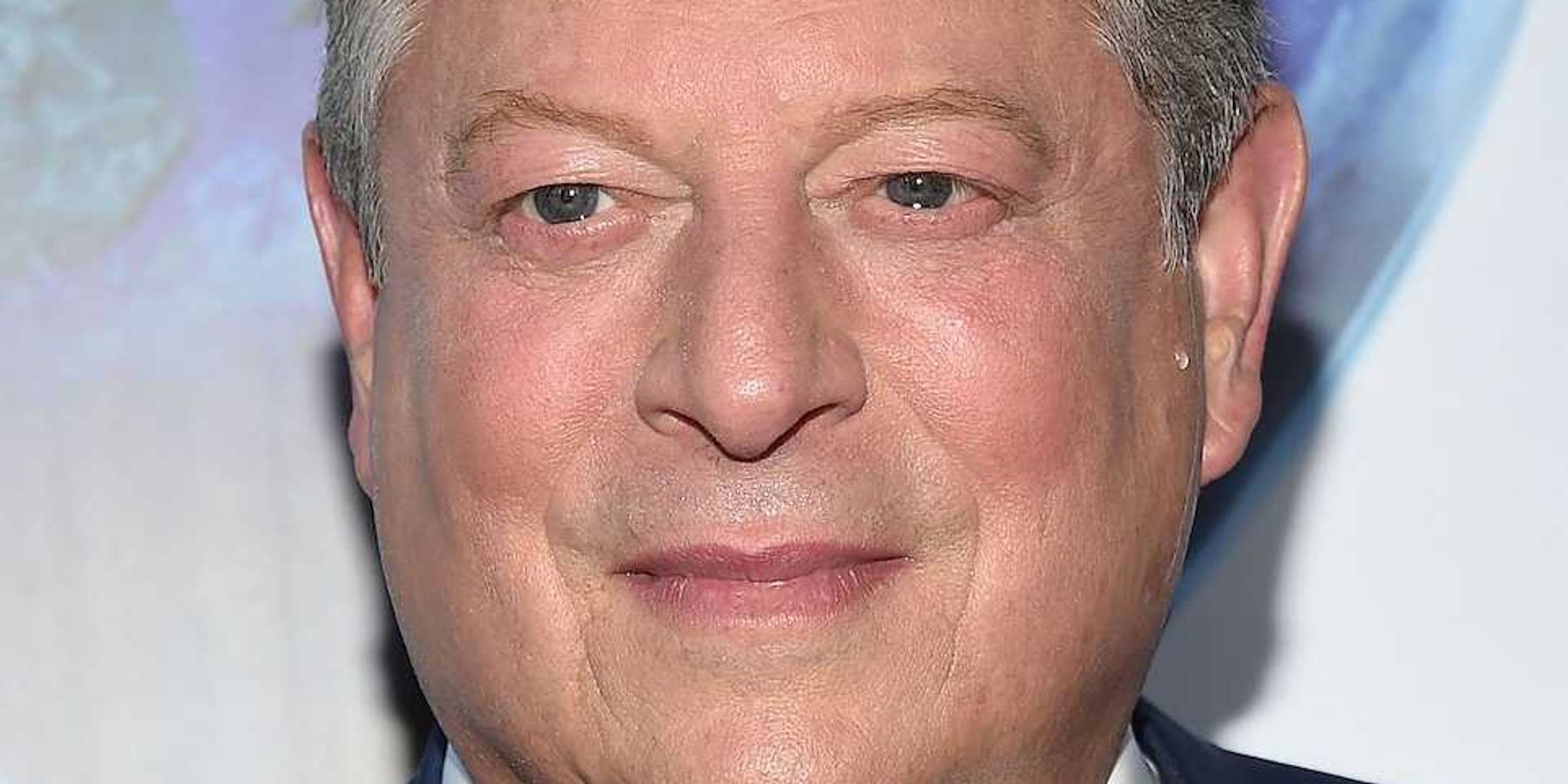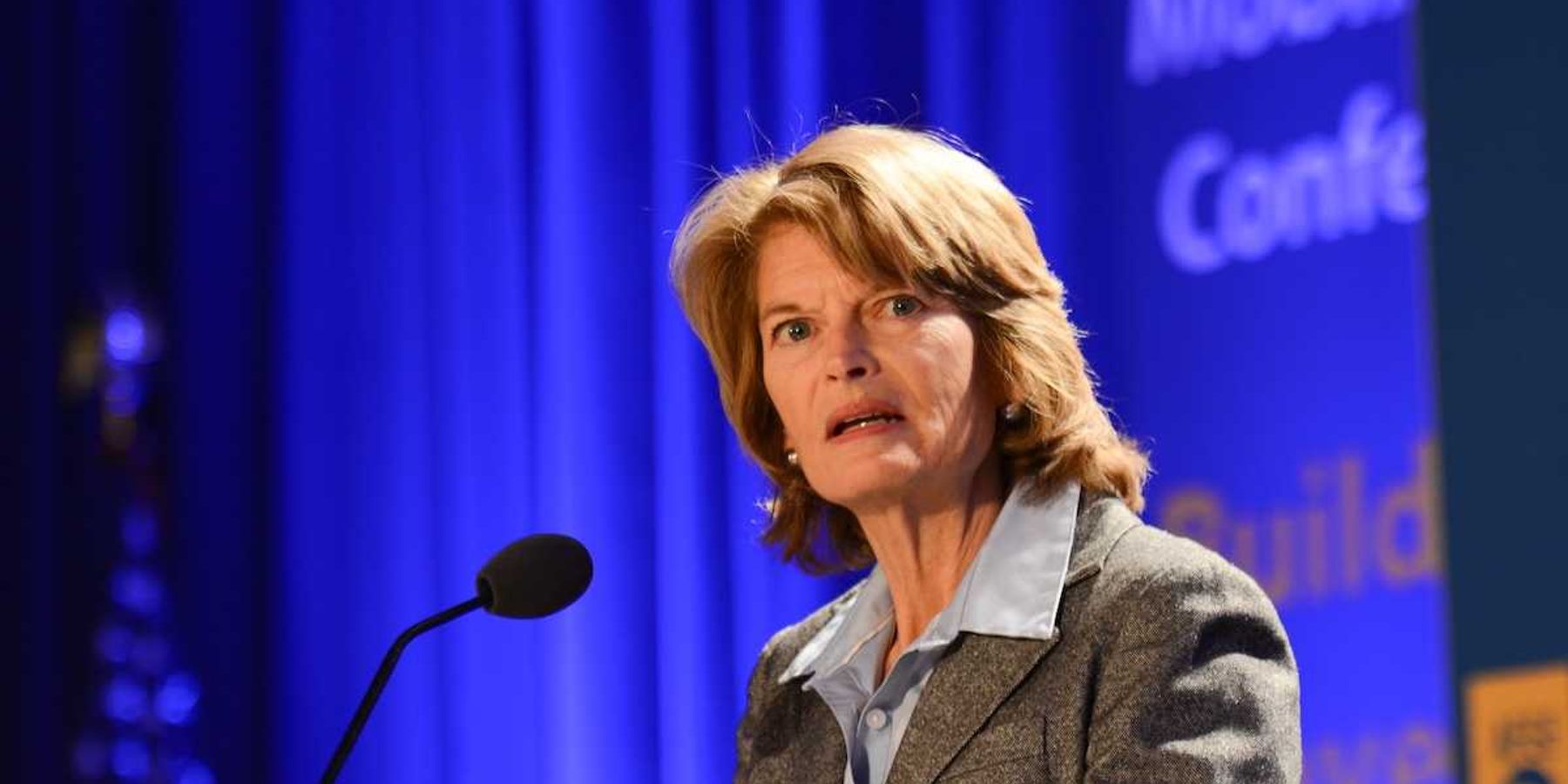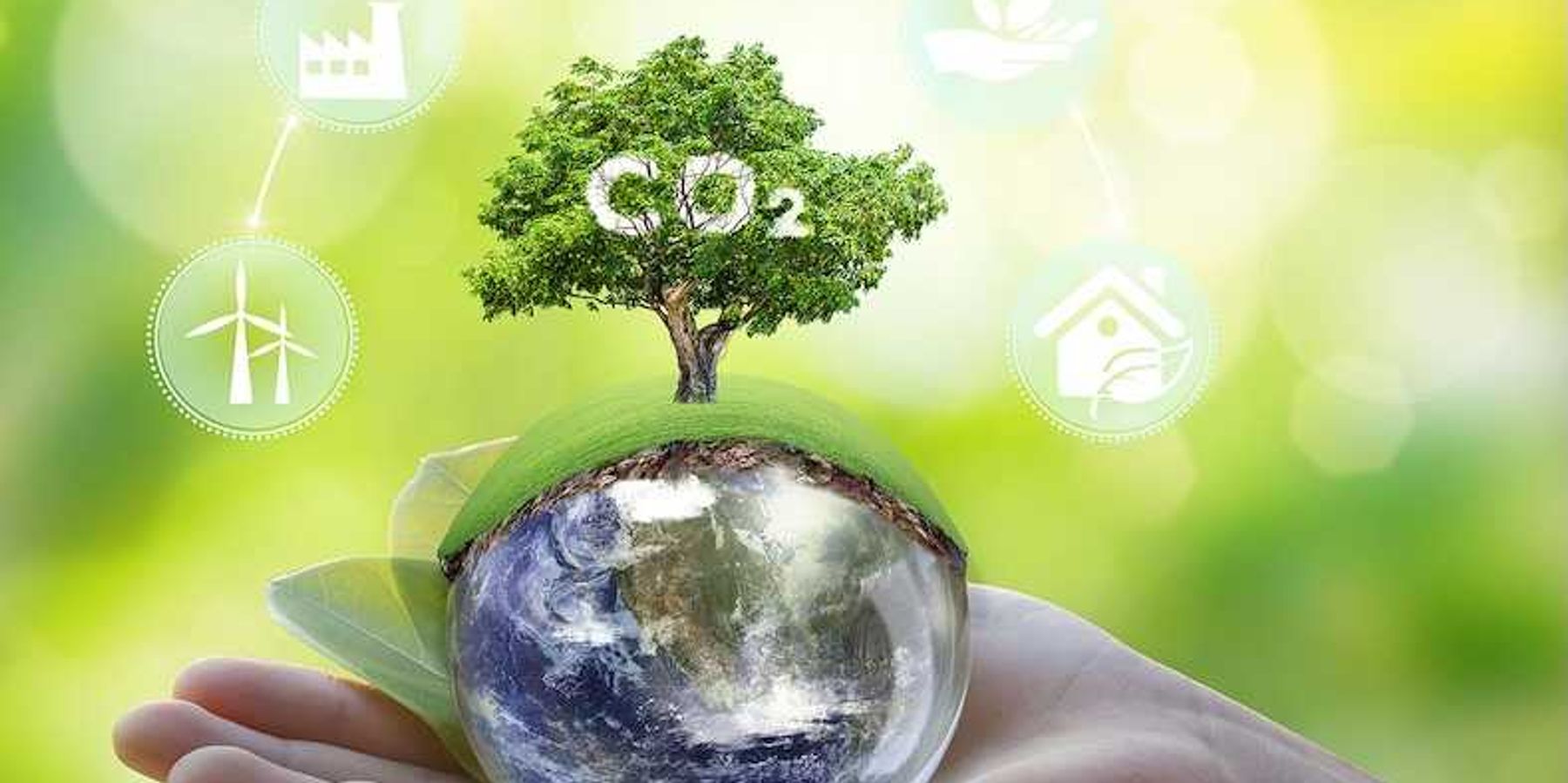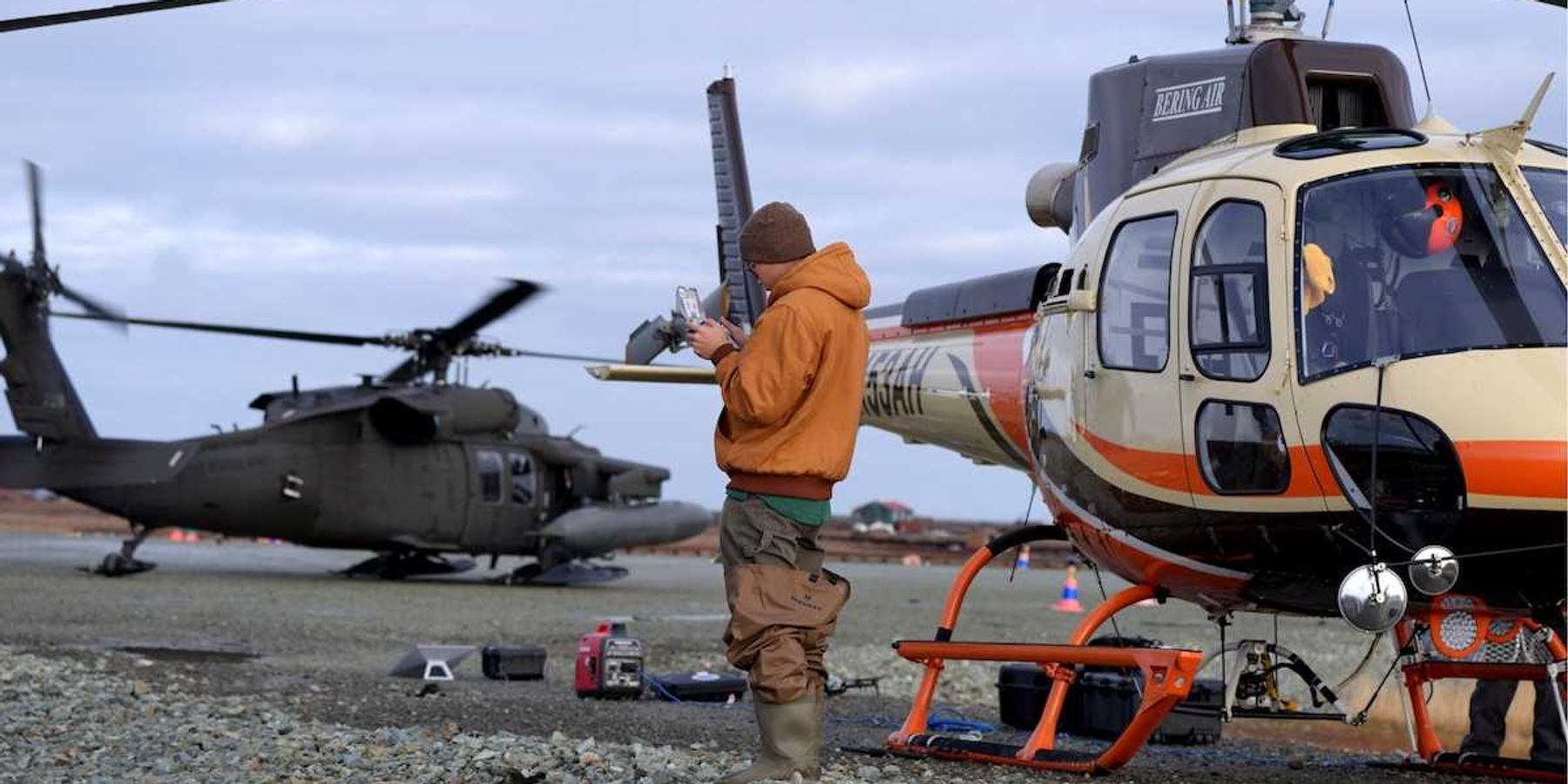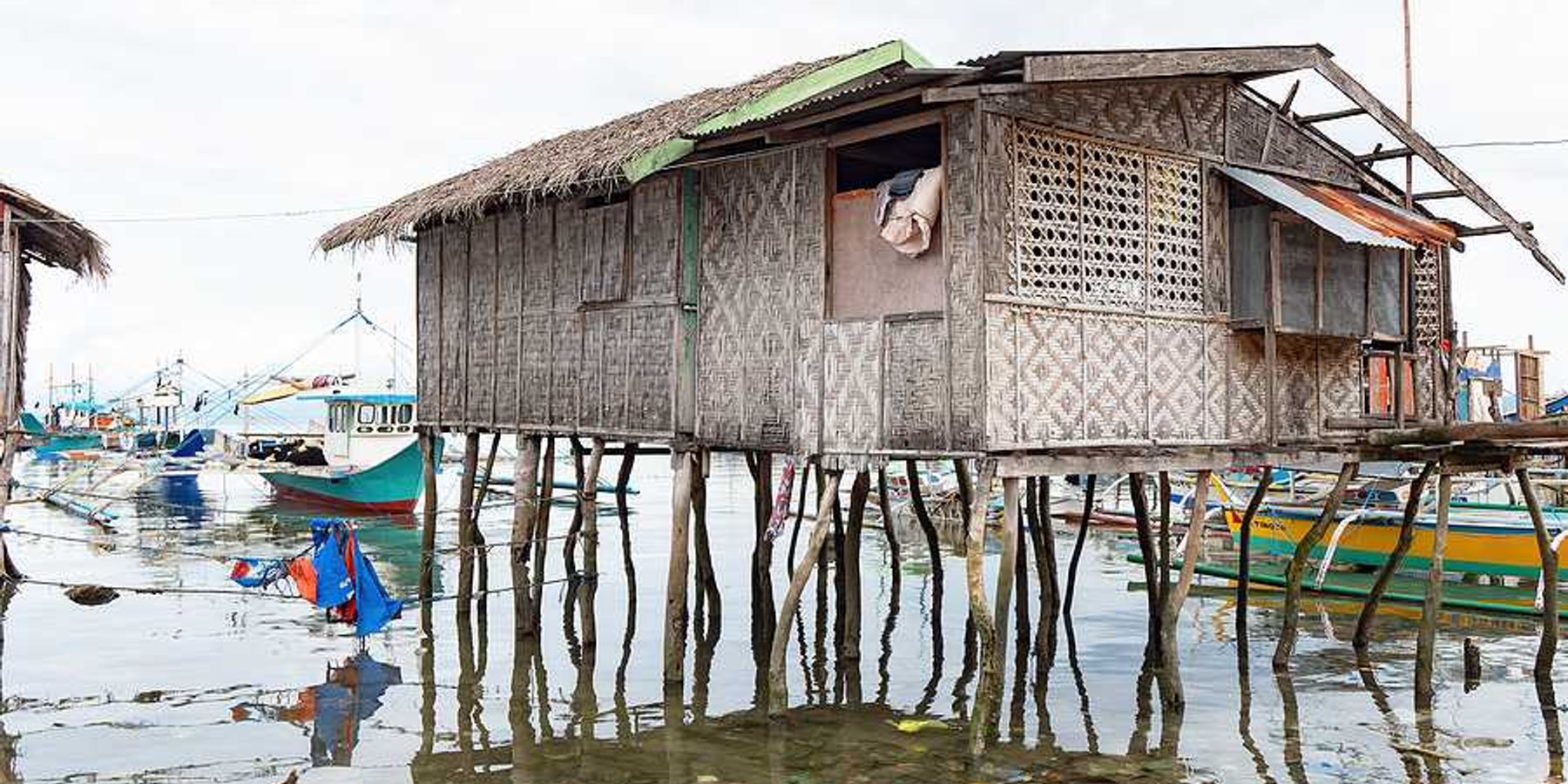LISTEN: Azmal Hossan on US, China climate collaboration
The senior fellow talks about an ambitious effort he’s part of to get the US and China working together on climate change.
Azmal Hossan joins the Agents of Change in Environmental Justice podcast to discuss his recent selection for the 2030 Climate Champions fellowship, an initiative from The Asia Foundation aimed at bolstering U.S. and China collaboration on climate change.
Hossan, a sociology Ph.D. student and a National Research Trainee in Interdisciplinary Training, Education, and Research in Food-Energy-Water Systems at Colorado State University, also discusses his work with Great Plains tribes on water injustice, and tackling air quality in his home, Fort Collins, Colorado.
The Agents of Change in Environmental Justice podcast is a biweekly podcast featuring the stories and big ideas from past and present fellows, as well as others in the field. You can see all of the past episodes here.
Listen below to our discussion with Hossan, and subscribe to the podcast at iTunes or Spotify.
Transcript
Brian Bienkowski
Hello and welcome back to the Agents of Change in Environmental Justice podcast, a partnership between Environmental Health News and Columbia University's Mailman School of Public Health. I'm your host Brian Bienkowski, editor of Agents of Change and senior editor at Environmental Health News. Today I'm talking to senior fellow Azmal Hossan, a sociology PhD student and a national research trainee in interdisciplinary training, education and research in food energy water systems at Colorado State University. You may remember Azmal writing about the weaponization of water in South Asia. Well Azmal is now focused on water injustice in the Great Plains in the US and how it impacts South Dakota tribes. We also discuss his role in a Fort Collins Colorado air quality program, and the recent announcement that he's one of just five selected young researchers from the US for the Climate Champions Fellowship, which aims to improve diplomacy between the US and China in tackling climate change. Enjoy. All right, I am again joined by Azmal Hossan. How are you doing?
Azmal Hossan
Thanks, Brian, for having me here. And I'm doing good. I believe that you are also doing good.
Brian Bienkowski
I am doing good. We had a chance to catch up a little bit. And you have so many exciting things going on since we last spoke to you. And you mentioned connections to your research. And last time, we talked you were researching the India-Bangladesh water relationship. You both wrote about this and spoke to me on the podcast about it. But you've changed that up now. And you're looking at water injustice in the Great Plains, here in the United States. So first off, what similarities do you see between your past focus and the new one?
Azmal Hossan
Yeah, that's a great question, Brian. All the South Asia is specifically the Indian subcontinent and the United States are geographically far away. They have one commonality that is history and legacy of colonialism. So the dimension of colonialism is different in both regions, but both of them were invaded by European colonizers under the Doctrine of Discovery. All of the European colonizers, predominantly British, left the Indian subcontinent physically after 200 years of exploitation and resource extraction. That's why we call it exploitative or extractive colonialism. They keep their legacy through the development of political, cultural and economic elite groups who are the main beneficiaries of colonialism in the Indian subcontinent. For example, I would like to talk about British education policy in the Indian subcontinent. One of the basic goals of the implementation of the English media education system under British rule was to create an English-educated elite group, who are supposed to be Indian in their skin color, but British in their manner and lifestyle. And they are successful with that policy. And this is the English-educated, elite group in the Indian subcontinent that has been controlling the politics, economic culture, and most importantly, all of the natural resources like water. And it is the same situation in the whole Indian subcontinent, currently, India, Bangladesh and Pakistan. The group who was less educated had been marginalized politically, culturally and economically and have less access to natural resources like water. If you think about the scenario in the bilateral relationship between India and Bangladesh, you will see the same scenario. Because of its geographical size, economic advancement and political power, India has been exercising a colonial type of diplomatic relationship with its neighboring countries like Bangladesh. And India has been controlling the water flows of all the major trust-founded rivers for the establishment of major dams and villages. If you look at the geographical map of South Asia, Bangladesh is located in downstream of the world's largest and most densely populated Delta, called the Ganges–Brahmaputra–Meghna delta, which we call the Great Bengal delta. And while this receives 81% of its freshwater from the transboundary rivers originated mainly in the Himalayan glaciers and then flew through India to enter Bangladesh. That means Bangladesh is almost completely dependent on how India is managing and controlling the water flows in the transboundary rivers. And unfortunately, it is hegemonic, India constructed and is currently constructing a couple of dams and water-resource management projects without considering how they will affect the ecosystems in Bangladesh. One example I want to mention here, India constructed the Farakka bridge to divert water from the Ganges through the Bhagirathi Hoogly channel to keep the port of Calcutta navigable. The water divertion from the upstream Ganges has detrimental consequences for the lives, livelihoods and ecosystems in the downstream Ganges, which is current Bangladesh. Rural and indigenous communities who have an integral connection with their environment suffered the most due to these water prices. The reasons are twofold. What is sacred to indigenous communities due to its ceremonial, spiritual and cultural significance and local political elites control the water resources and often deprive indigenous communities of the rights to water. One example I can mention here in 2022, three indigenous Indian farmers in northwestern Bangladesh committed suicide because they have been repeatedly denied irrigation water by the water pump operator who is local members of the current ruling party. So this system makes an "ecocracy" in Bangladesh, or in the Indian subcontinent, which refers a centralized authoritarian and bureaucratic system, under which the water resources or natural resources are controlled by the local political elites. And it deprives the marginalized communities like indigenous communities in getting water. And similar things happen in the United States. European whites invaded the land and establish their settlement through the doctrine of elimination, under which they persecuted and displaced the native Indians, grabbed their lands, and also resources like water. Currently, I'm conducting my PhD research on how ongoing settler colonialism is generating water injustice among the tribal nations in the northern Great Plains, making them vulnerable to climate change adaptation. I'm specifically focusing on the tribal nations and the reservations in the Missouri River Basin area, where both tribal nations and water resources are under pressure due to climate change. In addition, the settler colonial water resource management policies are exacerbating the vulnerabilities of the tribal nations and their local ecosystems on which they are completely dependent for their survival. As I mentioned earlier, what is sacred to indigenous communities because of his ceremonial, spiritual and cultural significance; settler colonial water management systems are creating barriers for the indigenous communities to get access to the water. I can give you one example here. The doctrine of prior appropriation is the determining feature of water-resource management in the western United States. The Missouri River Basin area belongs to the doctrine of prior appropriation, where a considerable number of tribal communities have been living since time immemorial. And the doctrine of prior appropriation is based on the principle, "the first in time the first in right". Indigenous peoples should be considered as the senior water rights holders according to the principle, and also according to the Winters doctrine. Unfortunately, it is not in reality. The doctrine of appropriation often ignores the sacred values of water by indigenous peoples. So in my PhD project, I'm trying to make the connections between settler colonial water-resource management policies, and how these resource management policies are creating water injustice among indigenous populations and making them paler balls to adapt to the changing climate in the northern Great Plains region. And I'm specifically focusing on the federally-recognized tribal nations in the northern Great Plains. And my initial findings, show that because of settler colonial practices, they have been deprived in getting water, both from surface and ground water, is which has a detrimental impact for their livelihoods for their ceremonial, cultural and spiritual practices.
Brian Bienkowski
Excellent. Well, thank you so much for that. It's a fascinating connection to think about it in that way – that these are both colonial-driven problems in very different parts of the world, of course. And so to zoom in a little bit more on the on the northern Great Plains. Can you talk about your work with the Great Plains Tribal Water Alliance and what you found so far about water challenges for the nine tribal nations in South Dakota?
Azmal Hossan
Yeah, that's a great question. And for my PhD project, I have been doing participatory action research. And I've been using decolonizing and indigenizing methodology. These approaches allows both researchers and also research subjects to equally contribute to the research process. So that the research subjects are empowered in the research process. And given this situation I have been developing a strong partnership with Great Plains Tribal Water Alliance, which is a tribal grassroots organization located in South Dakota, working to ensure water justice for tribal nations in Northern Great Plains throw their right to self determination mandated by the treaties they signed with the US federal government. You know water is sacred for tribal nations as I mentioned earlier, because of its ceremonial, spiritual and cultural significance. For their livelihoods, tribal nations in the northern Great Plains, are also heavily dependent on water. Missouri River, the longest river in North America, is the only source of fresh water for most of the tribal nations living in the river basin. But the issue is that they don't have any control of the river. The river is controlled by the US Army Corps of Engineers mandated by the US Congress and the Army Corps of Engineers is responsible for the construction and operation and maintenance of the river. They also constructed and operated dozens of dams in the river. The dams are known as technocentric solutions to water problems, basically coming from climate change in the Western world, which does not consider the social and environmental concerns. It does not acknowledge the traditional ecological knowledge in water-resource management. So the Great Plains Tribal Water Alliance is a consortium organization of the North Central Climate Adaptation Science Center. So they have funding to assess the tribal climate change adaptation water needs in Northern Great Plains. And I joined with them in this project as a student intern to assess what are the needs and priorities of the tribal nations in managing or in adapting to climate change, specifically focusing on the water resource management. So currently, under this project, I developed an annotated bibliography, covering existing scientific literature on water-resource management, climate change in the northern Great Plains, focusing on tribal nations. And based on the findings from the annotated bibliography, I developed an interview guide to conduct in-depth interviews with the water resource managers. And currently I am conducting the interviews. And I just presented the findings of the completed interviews last month in the annual climate change and water conference, organized by Great Plains Tribal Water Alliance in Rapid City, South Dakota. If you look at the title of my presentation, you will have an idea like what are the basic findings of the projects. So the title of presentation that I quoted from a conversation that I had with one of the Water Resource Manager is "The right reports for us sometimes, but they have never been here." So, this title shows us or indicate us that are tribal nations are not in the table are not having a participation or engagement in the decision-making process about water-resource management in that region. And this denotes to measure dimensions of environmental injustices. One is distributive justice, that we know that tribal nations are disproportionately affected by climate change and water scarcity due to their natural-resource dependency, which reflects the distributive injustice. And also, tribal nations don't have any access or participation in the decision making process which reflects the procedural injustice. So distributive injustice and procedural injustice are the two major dimensions of environmental injustices. And in addition, there are also other challenges for the tribal nations like surface and groundwater shortage, water contamination from both point and nonpoint sources, water in intensive mining, and the presence of heavy metals like arsenic, uranium, lithium, cyanide in water, and the lack of climate change expertise and under tribal lessons, lack of inter tribal cooperation, and most importantly, lack of funding. They need to adapt to the changing climate.
Brian Bienkowski
Well, this is a fascinating topic in an area of the country that simply does not get enough attention. Whether it's tribal attention or frankly, some of the rural parts of our country dealing with these water issues. Do not Get the attention and research they deserve. So we will definitely keep our listeners and readers posted on what you're working on. But I am going to switch gears here because you have enough going on that we have to talk about a couple other things. You are also now a member of the Fort Collins Colorado Air Quality Monitoring Advisory Committee. So first of all, when I think of Fort Collins, I don't think about bad air, but maybe I just don't know any better. So first of all, what are the air quality concerns in Fort Collins and what will you be doing in that role?
Azmal Hossan
Yeah, Fort Collins is one of the I think, best cities in the United States I have ever lived. And it is one of the most peaceful and livable cities that I mentioned. I've been so happy to have the opportunity to live in this city. But still now, air quality is one of the major concerns for the city and also the northern Colorado. And there are a lot of sources of air pollution, like transportations, indoor cooking systems, or old smoking or other lots of sources. But one of the major concern for air quality is that is the unconventional oil and gas development. So Oil County, which is neighboring country of the Larimer County where Fort Collins city is located has the highest number of unconventional oil and gas industries, which you call like fracking or hydraulic fracking as a single county. And if you look at the dynamics of hydraulic fracking it, it is water-intensive, and also the use of it uses hundreds of chemicals to extract gas and oil from underneath. And it emits a lot of chemicals in the air which pollutes the air in that region. And given that situation, the Environmental Protection Agency ordered the city of Fort Collins Larimer County Department of Health and Environment, and also Colorado State University a grant to study air quality related to air toxics in communities throughout Larimer County and northern Colorado over the next three years. And one of the important elements of this grant is forming an advisory committee of community members to assist in air quality monitoring, deployment, and community prioritization of locations of monitoring related to local concerns. That committee is also got the committee will also guide CSU Center for Environmental Justice, which will be organizing a number of public engagement events on air quality, where as a member of the advisory committee, I will bring my environmental justice expertise in the board to show how air pollution is disproportionately affecting among communities living in that region. In doing so, I will represent different groups in that region, like I'm part of the Colorado State University. So I will represent CSU in the board. I'm also coming from South Asia. So there is a growing number of South Asian people living in that region, I will also represent them. And most importantly, I'm a member of the Islamic Center of Fort Collins, which represents the Muslim communities. And I will represent them also. So the reason why I applied for this position because I found that the South Asian communities and Muslim communities living in that region that don't have any representation in the local government's decision making process. So I felt that engaging with this advisory committee will help me to represent the communities and also to empower the communities in that region.
Brian Bienkowski
Excellent. Well, they're lucky to have you and it's it's good to be informed about the city. I've been there once and I just remember riding bicycles and sunshine and but of course there is there is a heavy fracking presence there, as well. So that's good to know that you're working on that. And a slight climate connection there with oil and gas, but you are part of something much broader and global in scope, when it comes to looking at climate change. So the actually the reason that we reached out to you in the first place before I knew about all this other exciting stuff, is that you are a part of the Climate Champions Fellowship. So first of all, a big congratulations to you, that is no small feat. And second, can you talk a bit about this fellowship and what is its aim?
Azmal Hossan
Thanks, Brian, for your good words. And I'm happy to be part of this incredible fellowship. So fellowship is organised by the Asia Foundation, with joint support from the US mission to China and the China Association for NGO cooperation. If you look at the title of the fellowship, you may have a general idea of it. The title is 2030 Climate Champions: Young leaders for the brighter US-China future. There are 10 fellows in the program who are young environmental leaders, five from the USA and five from China. The fellowship aims to promote greater cross-cultural dialogue between youth in both countries through a partnership with the US mission to China and the China Association for NGO cooperation. That 2030 Climate Champions Fellowship will strengthen diplomatic relationships, eight of the goals set forth by the 2050 COP27 Paris Agreement by signing parties, they agreed to reduce their emissions by 43% by 2030, and revisit their original targets by 2023. We have been attending virtual skill-building sessions and master classes in the last couple of months, where we got rigorous training on public speaking, science communication in the field of climate change and climate justice. We also had the opportunity to hear from renowned leaders from governmental and non-governmental agencies, both in the United States and also from China, and also from corporate sectors, from both countries on how they are addressing climate change, and what are the strategies they are implementing to mitigate climate change, and also to adapt with the changing climate. So this platform is a great opportunity for me to represent the United States in the global stage, specifically with our Chinese counterparts. And it is a great opportunity to know about more like collective efforts implemented by both United States and China in tackling climate change.
Brian Bienkowski
So I think most of our listeners will probably know that both US and China are our global superpowers are, I believe, correct me if I'm wrong, the two largest emitter of greenhouse gases. And third, they don't always agree on things. So I'm wondering if you can kind of give us some high level points of why improving diplomacy between the US and China is so key in tackling global climate change?
Azmal Hossan
That's a great question, I think and important for the global climate negotiation. But good thing is that when you're talking at the very beginning of the of the new year, I don't know whether you know, the US and China are celebrating the 45th anniversary of their diplomatic relationship. And China is the most and the US is the third most populous country in the world. They contain almost 23% of the global population together. They are the two major economies in the world, sharing more than 40% of the global GDP. Unfortunately, their economic success is achieved through the burning of fossil fuels, the main responsible factor for climate change. But the good thing is that these two countries are not only the major greenhouse gas emitters in the atmosphere, as you mentioned, but they are also the largest investors in the renewable energy sectors, which is a positive science to tackle climate change. They have been working together to achieve the desired goal set by the Paris Agreement, which is keeping the global temperature rise 1.5 degrees Celsius compared to the pre-industrial levels. So it is so important to improve diplomacy between the US and China to tackle global climate change. And it is a matter of all that despite all the geopolitical conflicts, or all the geopolitical or global disagreements, both countries are committed to working together on climate change diplomacy. At the end of the last year, President Biden met President Xi in San Francisco and expressed their commitment to continue that climate change negotiation. And also the US Special Envoy for Climate Change, John Kerry, frequently meets his Chinese counterpart, to keep the negotiation alive. And I believe that, as you mentioned, that we are living in a highly contentious and contentious world, where China and the United States are fighting with each other in different geopolitical issues. But it is a matter of hope that they have a consensus that climate change is one of the most pressing problems human civilization is confronting. And they are committed together to go further with climate change, diplomacy and negotiation so that we can contain the devastating effects of climate change.
Brian Bienkowski
I have to say when I when I was looking into this fellowship in anticipation of this call, it gave me hope. It made me feel really good to know that these kinds of efforts are underway not only just a diplomatic effort of two countries talking with with leaders, but young leaders and young leaders who are thinking about these issues, coming from different research areas in different ways. So I think this, I would really encourage our listeners to go and check out this program. It looks, it looks really exciting. And speaking of exciting, what are you most excited about when it comes to this fellowship?
Azmal Hossan
I'm most exciting about the fellowship is to have a chance to collaborate with the five Chinese fellows. Usually we don't have enough access to Chinese policies and strategies. Specifically, if we focus on like environmental stuff, or climate change, it is not only in climate change, but also in every other issues, we don't have enough access to the Chinese policies and strategies because of the nature of the political governance system of the country. But it was a great thing to know the experiences and perspectives of the young Chinese fellows and environmental activists, they have been doing incredible jobs in the field of climate change and climate justice, and also climate change negotiation, who the US fellows are hoping to continue this collaboration, even after the end of the fellowship through an in-person climate champions forum to be held in San Francisco this April. So I think this fellowship created a like, window, for the young leaders from the United States to know more about the activities and efforts done by the young Chinese climate activist and also experts, so that we can look forward to have a bilateral lateral collaboration, to implement different projects, to make our partners among the general people in both countries, and most importantly, to ask the policymakers in both countries to take initiatives to tackle climate change.
Brian Bienkowski
And is if someone searches Asia Foundation Climate Champions Fellowship is that the best way for people to learn about this and stay on top of things?
Azmal Hossan
I think the website is the perfect place to check. But currently, the fellows we are working to go further with the fellowship. So probably we are thinking to develop a platform, combining all the fellows from both China and the United States. And still we are in the initial process. But I think in the coming days, we'll be able to share more insights like what is our plan and how we will go further. But currently, the website is the perfect place to look for.
Brian Bienkowski
Excellent. And we will keep our listeners on top of any other products and content that comes out of this. And we will link to it when we put this podcast out. And last question here. And as we've seen today, you are quite busy. And we were speaking before this, and I happen to know you're even busier than what we talked about today. So I just want to ask you, why is it so important to include these additional fellowship, leadership roles, community outreach positions, in addition to your research? because a lot of people would just go and get the PhD and get the job. But it seems like you are very interested in putting this into practice in a lot of different ways. So why is that so important to you?
Azmal Hossan
I understand and thank you so much for raising the issues, elevate my PhD research and also I'm a teaching instructor, I'm teaching two classes every semester in my department for my PhD funding. I've been involved in different fellowships, community outreach and engagement, like one of the great fellowship events was Agents of Change in Environmental Justice I ever participated. So as you know, my research interest is environmental injustice, and also community engagement and science communication. So, along with my PhD research, why I have been involved in so much so other platforms and other programs? There are a couple of reasons. One is my family. So I'm from a resilient family from Bangladesh. My parents never went to any formal school. And their economic condition was not up to the mark. But they dedicated their whole life to educate their children so that they can be resilient against all the odds in life. They taught us that it is the purpose of education to speak against any injustices. Whether it is social, political, economic, or environmental. We are six siblings, six siblings, and it is a matter of happiness to share that we all completed at least an undergraduate level degree. And now we are working in different sectors both in Bangladesh and the USA. You will be surprised to know that I left my home when I was around 10 years old. When I was like in grade four, for education, I left my home, I was residing , you know, there is a system in Bangladesh called, I don't know the exact English name, but in Bengali, we call it Lodging system. So I left my home to live in the house of other people. And from the age of 10, and I have been teaching kids in their home, in exchange of accommodation and food. So, from the very beginning of my life, I have been facing odds, struggles and challenges. And until today, I believe that I have been successful to overcoming all the hurdles and challenges. And I believe that it's my responsibility as a successor in my life, to make awareness about all the injustices or the hurdles or the challenges people are facing around the world. And another thing is my country. You know, Bangladesh is a small South Asian country with high population density, poverty, natural resource dependence, and most importantly, a poster child of climate change. Because of its geographical location, it is highly vulnerable to climate change, although it has little contribution to the problem. But Bangladesh is known worldwide as a resilient country against climate change specifically for its community-based climate change adaptation strategies. Although the country has a history of fighting against colonialism, as I mentioned earlier, if you look at the history of resistance against British colonialism in the Indian subcontinent, you will find that most of the resistance was coming from the great Bengal region in the Indian subcontinent, then currently, Bangladesh region. Not only that, we also fought against Pakistan, from 1947 to 1971, and sacrifice 3 million lives during the Independence War in 1971. To be separated from the exploitative and hegemonic relationship with Pakistan, although the current political situation in Bangladesh is not consistent with our glorious history. But it is the history of the country from where I get all of my inspiration to be active in social and environmental justice steps. And also, most importantly, my education. My field is sociology, specifically environmental and natural resource sociology. And sociology teaches me to be our how and why environmental benefits and burdens are disproportionately distributed among different classes, races, gender groups and nationalities. And I came to know that the structural forces, like colonialism, capitalism, racism, patriarchy, are generating or fueling these injustices around different corners of the world. And from that perspective, and from that background, I believe that it is my responsibility to fight against these structural forces, to fight against the injustices generated by the structural forces, and to make people's life safe, happier, and healthy around the world.
Brian Bienkowski
Well, that was a really beautiful way to end and I can say that you are doing that. And it has been so lovely to catch up with you. And just the brief amount of time that I had before this call with you and the research I did before, it makes me really proud to to know you and call you a colleague in this space. So thank you so much for your time today. And I'm sure we will have you back on soon.
Azmal Hossan
Thanks, Brian. I'm so happy to have the opportunity to spend some time with you again, and to talk about my research and activism.
Brian Bienkowski
That's all for this week, folks. I hope you enjoyed my conversation with Azmal If you enjoyed this podcast and visit agentsofchangeinej.org And while you're there, click the donate button to support us or sign up for our free monthly newsletter. You can also find us on X and Instagram and please follow us on Spotify or iTunes where you can subscribe, give us a rating and never miss an episode.

